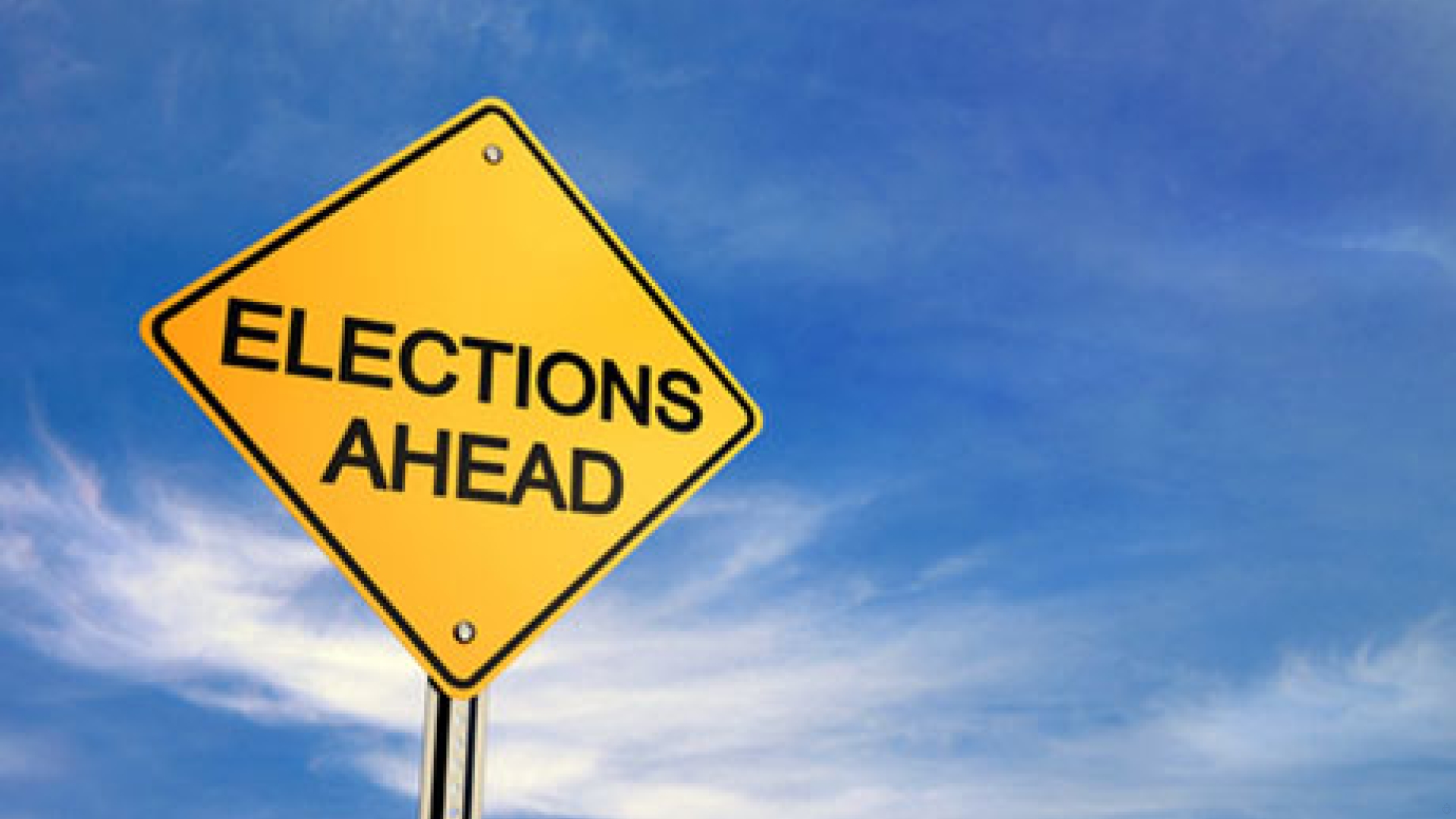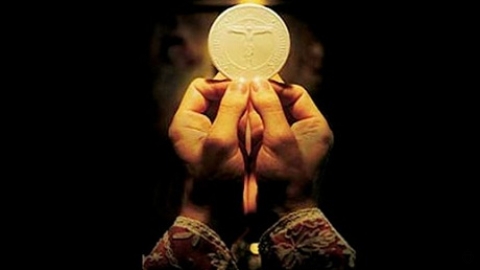The Catholic Dilemma in Voting

Why is it that today in Western Countries, we have so many elected officials, and some who even identify themselves as Catholic, who promote such evils as abortion, same sex marriage, and euthanasia? Did not many of these countries, particularly in Europe, have Catholic constitutions with Catholic principles? Why is it that so many Catholics vote for these evil representatives? Moreover, why is it that many Bishops do nothing to penalize these officials? What has happened over these last 50 years which has caused this moral collapse? For the faithful who are not asleep, it is not difficult to see that the root of these evils is the Apostasy in the Church today. This falling away from the faith, especially since the Vatican II council, has blinded so many Church leaders and faithful alike regarding their influence in civil life, the exercise of the right to vote and its grave moral responsibility.
Why is it important to vote?
Our moral obligation to vote rests on two principles: (1) The fact that man is naturally a social or civil animal and therefore the state is a necessary society and (2) The idea that every person or citizen in society is bound to promote the common good. In our modern democratic forms of government today it is the citizens who select their rulers, judges and other officials. Since the decisions of these individuals greatly affects the lives of the citizens, it is of the utmost importance that the citizens select suitable officials who will promote the common good not only in temporal affairs but in spiritual matters also.
The Church has never endorsed any one form of government, but approves only those types of government where God’s rights and her rights are respected and the dignity of man is safeguarded. Pope Leo XIII clearly states this in his encyclical when he wrote:
The right to rule is not necessarily bound up with any special mode of government. It may take this or that form, provided only that it be of a nature to insure the general welfare. But whatever be the nature of the government, rulers must ever bear in mind that God is the paramount ruler of the world and must set Him before themselves as their exemplar and law in the administration of the state.” 1
Unfortunately today we have very few world leaders who put God first in their acts. Many falsely assume that our modern democracies are the superior form of governments. However, their foundation is based on an erroneous liberal principle of human freedom which denies all objective divine and moral law. This liberalism also teaches that power comes from the people and not from God. However, the majority choice is not necessarily the right choice and from this flows an electoral system which sanctions many unjust laws. We also see today a corrupted electoral system where politicians can be bribed and swayed against the common good by the special interests of wealthy corporations. Often the candidate, whether good or bad, who spends the most money on his campaign wins.
The Priority of the Moral Laws
Nevertheless, even with our flawed political system, Catholics should not stop trying to use it to promote the Church’s social teaching and in particular the Social Kingship of Our Lord Jesus Christ. All our political involvement and voting should be motivated by the higher supernatural principles – the laws of God and the rights of the Church. For Catholics, the moral issues take precedence over any other issues. For example, safeguarding the rights of the unborn is far more important than reducing unemployment even though the latter is important for a healthy economy. When it comes to electing candidates who are Catholic and who promote the teachings of the Church, we have a strict moral obligation under pain of mortal sin to vote for these people. Pius XII states this grave moral obligation in one of his discourses in 1946 to the Pastors of Rome:
The exercise of the right to vote is an act of grave responsibility, at least when there is the question involved of electing those whose office it will be to give the country its constitutions and its laws, particularly those which effect, for example, the sanctification of feast days, marriage, family life and school, the various phases of social life. It therefore falls to the Church to explain to the faithful their moral duties which derive from their right to vote.” 2
Unfortunately, we can see that many of the clergy are failing to explain the moral duties to the faithful and the faithful consequently are neglecting their obligation of voting. In a modern democracy, this apathy towards civic duties affects not only Catholics, but generally many other citizens. These same citizens will cry for their rights but forget their duties. Also, frustrated with the corruption they see in governments, many conclude that their vote is useless. In our present political sphere it is rare to find faithful Catholic candidates and instead one usually has a choice of unworthy candidates. In this case, unworthy does not necessarily mean those who private lives are morally corrupt, but those who, if elected, would cause serious injury to the state or to religion.
So what are we to do when we only have unworthy candidates to choose from?
It can be difficult to discern who is worthy or unworthy in local and national elections and therefore one cannot be lazy in investigating those who are running for office. For example, one can have a candidate who promotes an unjust war but supports the right of the unborn. This person could be running against another who calls himself Catholic and has an impressive governing record, but who supports abortion. In this case one does not have the obligation for voting for them, especially if there were any reasonable way of electing a worthy person by organizing another party or other lawful means. However, if the only option is a choice among unworthy candidates, it might be licit to vote (called material cooperation) for one of these candidates to prevent a greater evil when there is a grave reason to do so. For example, it would be better to vote for one who only approves of abortion in cases of rape or incest rather than one who supports abortion in all cases. This consideration looks only at the act of voting itself and not at other factors such as scandal and encouragement of unworthy persons. With the secret ballot today these other factors are diminished. However, theologians agree that it is never obligatory to vote for these immoral persons.
We need to keep working for the Reign of Christ the King
When we look at the political landscape today, one can be tempted to despair. What can we do to stop this decline in civil society? We should not forget that God is the creator and true ruler of the world and that he will hold us responsible for our stewardship. We need to recognize that our decisions to elect good rulers and lawmakers are crucial for the welfare of our nations and the salvation of many souls. We need to do all in our power to elect faithful Catholic leaders and organize Catholic parties who will promote the Social Kingship of Christ. If all the Catholics in the world practiced their faith and the hierarchy did their duties as true shepherds, we would not see unworthy candidates elected and these moral evils would disappear. Our Lord told us that when the salt loses its flavor the meat corrupts. Likewise as the Catholic Church deteriorates through this Apostasy, so does the world and souls. Each of us can make a big difference in society through our prayers and works. We should also not forget the power of the electoral system and our vote to help us defend the Church and so achieve our final end. May Our Lady of Fatima end this crisis of faith in the Church and bring to the world true peace through the victory of her Immaculate Heart.
1. His Holiness Pope Leo XIII, Immortale Dei in Acta Sanctae Sedis, 18 (1885), 162.
2. His Holiness Pius XII, Acta Sanctae Sedis, 38 (1946), 187.


